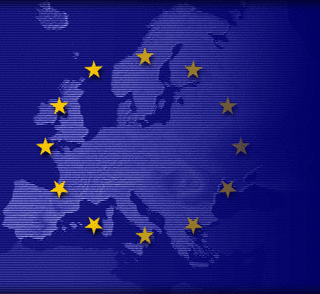European civil servants go back to school to talk to young people about what the EU does.
 European civil servants go back to school to talk to young people about what the EU does.
European civil servants go back to school to talk to young people about what the EU does.
The “Back to School” programme sends EU civil servants back to school for a day – if possible to a school where they were once a student.
The initiative was launched in 2007 by the German government to mark the start of their EU presidency term and was also supported by the Commission. Successive presidencies of the Council of the EU have continued it. This year, it is Hungary and Poland’s turn. Due to the success of the initiative, other EU countries are participating and will welcome EU civil servants back to their old schools. Schools not counting EU civil servants among their alumni are welcome to participate too.
Civil servants of all levels take part and serve as EU ambassadors for a day. In spring 2010, humanitarian aid commissioner Kristalina Georgieva visited a secondary school in Elena, Bulgaria. The students she met with, aged 13 to 17, asked many questions, in particular how she saw “Europe”. She listened to their point of view and asked what being European meant to them.
“EU Back to school” puts a face on Europe for young people and brings the EU institutions closer to them. The project gives students a unique chance to ask their questions on the EU and learn something from the experiences of people who are actually helping make European integration a reality. It helps them better understand how the EU works, learn about European policies and discover educational programmes they themselves can participate in such as Leonardo Da Vinci and Erasmus.